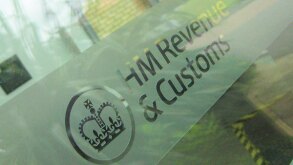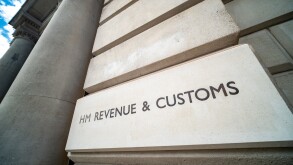Skandia was a Swedish European Court of Justice (ECJ) case concerning VAT grouping rules which caused alarm for taxpayers when it appeared that changes may have to be made to rules throughout Europe leaving companies with bigger cross-border VAT bills.
While no changes to the UK’s grouping rules will be necessary, businesses will need to account for VAT on intra-group transactions from the start of next year.
“The implication of the Skandia judgment is that an overseas establishment of a UK-established entity is part of a separate taxable person if the overseas establishment is VAT-grouped in a member state that operates similar ‘establishment only’ grouping provisions to Sweden,” said a briefing note by UK tax authority HMRC.
The VAT grouping rules of the UK and the Netherlands differ from the Swedish rules, leading taxpayers in both states to hope that no changes would be necessary. The HMRC update goes on to detail the changes businesses will have to make to the way they treat services provided to companies within the same VAT group provided to such establishments.
- Services provided by the overseas VAT-grouped establishment to the UK establishment will normally be treated as supplies made in the UK under place of supply rules, and subject to the reverse charge if taxable
- Services provided by the UK establishment to the overseas VAT-grouped establishment will normally be treated as supplies made outside the UK under place of supply rules. Therefore they will need to be taken into account in ascertaining input tax credit for the UK establishment. If the supplies are reverse charge services, they should be reported on the trader’s European Sales Listing of such supplies
The implications are not as severe as initially feared, when a slight mistranslation of a key paragraph in the judgment caused huge confusion for taxpayers, particularly in the financial sector, which would have been hit particularly hard.
The Netherlands, in an informal communique published on Tuesday [February 10 2015] confirmed that it would not apply the Skandia judgment, meaning taxpayers will be able to continue their operations unchanged.
Most other EU member states, namely those with similar grouping rules to Sweden, have decided to implement the judgment in full.
“The reason the Ministry of Finance has decided not to apply the Skandia judgment is because the VAT group regime in the Netherlands is different to the VAT group regime in Sweden,” said an update authored by Meijburg & Co duo Irene Reiniers and Gert-Jan van Norden.
“[HMRC’s] position is largely the same as that of the Netherlands,” the note added. “However, unlike the Netherlands, HMRC takes account of the scope of the foreign VAT group.”
“If it is limited to local establishments of the VAT group, as is the case in Sweden, then the Skandia judgment will apply, according to the HMRC.”
There are doubts, however, as to whether the minor interpretive changes planned by the UK will be sufficient to appease the European Commission.
“There’s a chance that HMRC will be challenged over this change as it appears to be going against the generally accepted need for it to rely only on UK law rather than argue that EU law has direct effect,” said Robert Killington, technical secretary of the VAT practitioners group.
A challenge by the Commission could have implications for the Netherlands as well as the UK.









